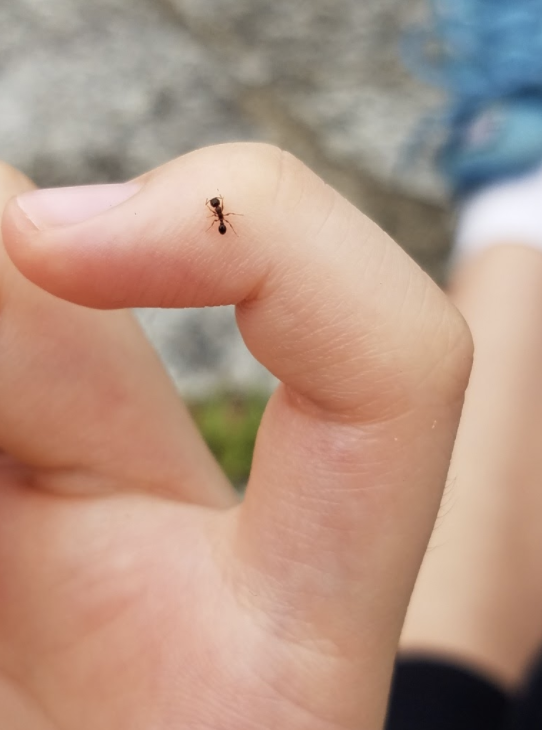For the Love of Nature
By now, coming across nature-related posts on Instagram or hearing about people’s devotions to protecting and loving mother nature on the Internet has become the norm in my life, to the point that I think “Ah yes, my weekly dose of environmental activism is here” — even though I am ironically being passive just by scrolling through the content. While it seems like common knowledge that we should care about the issues surrounding the natural environment and put in the effort to act upon those issues, the notion that people could actually “fall in love with nature”, as I’ve seen people claim multiple times on the Internet, never clicked with me. What did people mean by “fall in love with nature”? How would that happen? And is it the same as falling in love with a person?
I must confess that when I first joined the Project Eden Team, I did it out of curiosity, to investigate how people could care so much about mother nature, to the point that they would devote so much time and effort to help protect the environment. Of course I cared about the environment and knew that environmental sustainability was evidently important, but I didn’t consider myself extremely invested in environmental activism. Besides, I felt like I could only contribute so much as some insights into cooking in an environmentally-conscious manner and the influence of our environment on health.
But maybe it was the delicious choy sum I ate that day, or the fact that I had watched the Japanese movie “Weathering With You” (which had at least a little to do with the environment), which gave me the final push to learn more about the relationship between humans and nature and in turn understand how humans could develop care and form that deep connection with their environment. So I joined the Project Eden team. Have I learnt anything thus far?
You bet I have.
To answer the question “How will I know when I have fallen in love with nature?”, quite frankly, you know when it happens. There is no accurate book or guide to tell you exactly when it should happen after all. I assume it would be different for everyone, as people have different stories of how they’ve come to appreciate and love the natural environment.
For me, my “aha” moment came recently after I realised how much I turned to nature to help me think through my emotionally taxing problems this year, similar to the situation described in the poem “Wild Geese” by Mary Oliver, where the narrator seeks wisdom from nature to overcome troubles in life.
“Whoever you are, no matter how lonely, the world offers itself to your imagination, calls to you like the wild geese, harsh and exciting”
- Mary Oliver, from the poem “Wild Geese”
Nature was there when I needed to be really emotional with myself, nature was there to welcome me to yet another beautiful morning, and nature was there when I needed the space to breathe deeply. I mean that in a literal sense — the oxygen released from trees is especially beneficial for deep breathing meditation (in turn, the plants are more than welcome to take the carbon dioxide that I exhale out with every breath). Observing the balcony plants is often a dramatic experience too: on bad days, I water my herbs in an exaggerated (and embarrassing) manner. “Let my herbs grow and flourish in my tears of sadness,” I often think. On better days, I check the plants while internally singing the tune of “Here Comes the Sun” by the Beatles.
The realisation of how nature played a huge part in my life compelled me to observe my environment more, and now I somewhat understand why people feel deeply connected to nature. This is what loving nature means to me: Welcoming and appreciating nature as I would with a lifelong friend and accepting it as it presents itself to me, whether it be through the balcony view or the small insects and plants I see.
Learning about nature means more than just scrolling through the Internet for inspiring nature-related content or reading statistics on how much humans have impacted the environment. It also means exploring how it is directly related to your everyday life — our connection to nature is both public and personal. Unlike what my younger self thought, you don’t necessarily need a National Geographic expedition to appreciate nature’s gifts! Observing nature’s simplicity from a home environment works just as well.
And in the process of learning about your environment, you might end up learning more about yourself.





